Commentary
Essays
WritePeace blog
Water for peace … for now?
This blog examines what it takes to consolidate gains made towards peace by water management projects and thus contribute to sustainable, long-term peace.
Export controls and cyber-surveillance tools: Five suggestions for the Summit for Democracy
Export controls remain the most effective and actively utilized policy response to the risks of proliferation and misuse of cyber-surveillance tools. At the third Summit for Democracy, states have an opportunity to build on work started at last year's summit to strengthen controls.
Small modular reactors may have climate benefits, but they can also be climate-vulnerable
A new generation of nuclear reactors holds the promise of low-carbon energy access for developing countries and remote areas. Designers and planners must take into account the risks and uncertainties of a climate-insecure future.
Is liberal peacebuilding a good fit for Ukraine?
The liberal peacebuilding model, centered on democratic governance, minimal state intervention, and support for individual freedoms, has been a dominant post-Cold War approach to peacebuilding. Exploring its application may offer valuable insights for Ukraine's stabilization and recovery post-war.
War in the breadbasket: Landmines and food security in Ukraine
Russia’s war in Ukraine has not only affected Ukraine's food exports but also its production, with extensive landmine contamination posing a long-term threat to agricultural land, potentially jeopardizing both domestic and international food security.
Backgrounders
Both official development assistance and military spending have surged among OECD donor countries since February 2022. What role has Ukraine-related spending had in this rise and how have governments balanced spending priorities?
This topical backgrounder seeks to create a better understanding of current trends in small and micro launchers and how they contribute to missile proliferation risks.
With acute food insecurity on the rise around the world, this topical backgrounder presents four suggestions for making food security programming more cost-effective in a time of funding constraints, climate change and heightened conflict risk.
With heated rhetoric and intensified military activity along its borders with NATO neighbours, what does SIPRI data reveal about the status of Belarus's military?
To mark the International Day of United Nations Peacekeepers, SIPRI is releasing new data on multilateral peace operations in 2022.
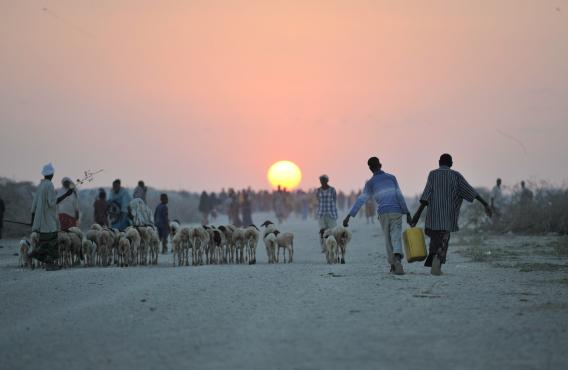

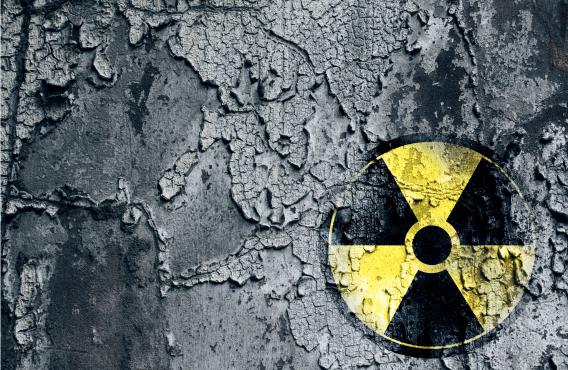
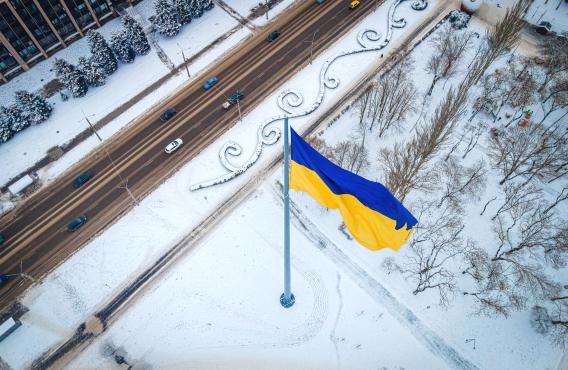
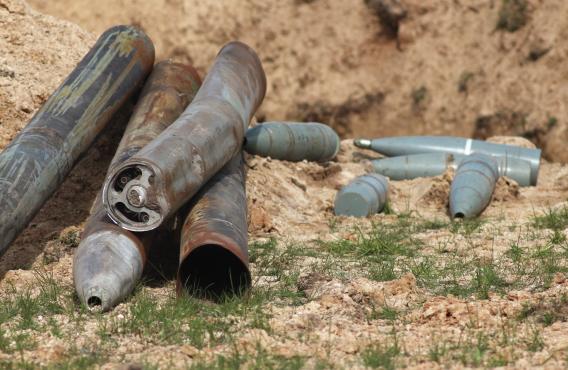

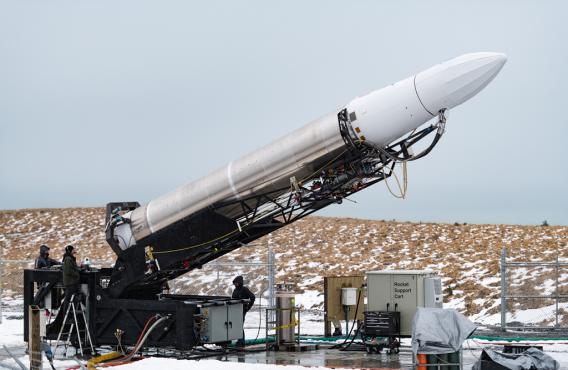
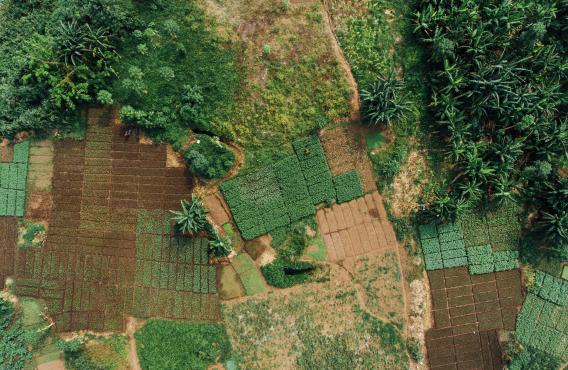
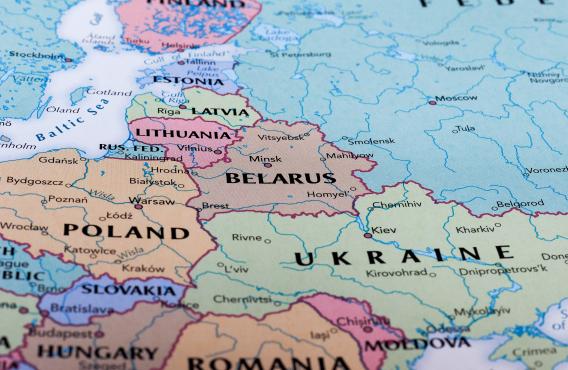
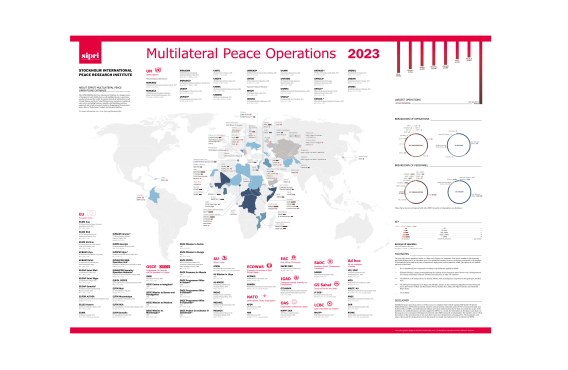
A new political forum could help make the EU’s strategic trade controls more strategic—if it is allowed to
This essay presents some suggestions for how a proposed ‘forum for political coordination’ could help to coordinate and plug the gaps in the European Union’s strategic trade controls.
NATO: A new need for some old ideas
As NATO marks its first 75 years, its core mission has arguably come full circle: deterrence and territorial defence in Europe. Remembering key lessons from cold war diplomacy could help it to navigate the challenges ahead.
More investment in nuclear deterrence will not make Europe safer
Russia’s invasion of Ukraine in February 2022 and the nuclear threats it has made since have driven a new wave of militarization in Europe. Amid rising tensions, this SIPRI Essay argues for caution in the nuclear domain to prevent escalation and maintain a balance in Europe's security landscape.
Climate finance and geopolitics: The China–US factor
Climate action is caught in the increasingly volatile push-and-pull between cooperative global governance and great power competition, a fraught dynamic readily apparent in relations between China and the United States. China–US bilateral relations are widely acknowledged as a keystone for international efforts to address climate change.
Towards an agenda for gender perspectives in space security
This SIPRI Essay explores why women’s voices and gender-based vulnerabilities need to be better reflected in space security governance.